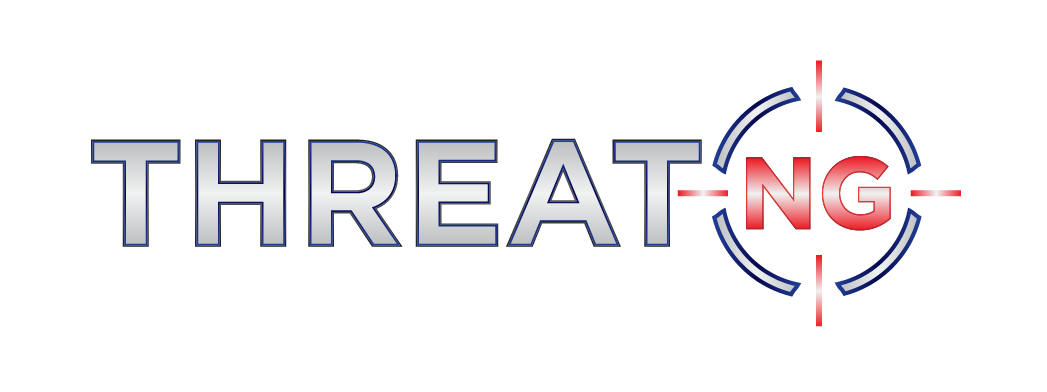Black SEO
Black SEO (Search Engine Optimization) refers to unethical or manipulative techniques to boost a website's ranking in search engine results pages (SERPs). While legitimate SEO practices focus on improving website quality and relevance, black SEO often involves:
Keyword Stuffing: Overusing keywords in website content, meta tags, or URLs to artificially inflate rankings.
Cloaking: Showing different content to search engine crawlers than human users, often hiding malicious or spammy content.
Link Farming: Creating large networks of low-quality or irrelevant websites that link back to the target website,artificially boosting its link popularity.
Hidden Text and Links: Embedding invisible text or links within a webpage to manipulate search engine rankings.
Negative SEO: Targeting competitor websites with harmful tactics to damage their rankings, such as creating fake backlinks or posting negative reviews.
Black SEO can harm legitimate businesses and users:
Legitimate businesses: Lose visibility in SERPs as black SEO tactics artificially inflate the rankings of malicious or spammy websites.
Users: Are exposed to misleading or harmful content, phishing scams, or malware.
Search engines: Struggle to provide accurate and relevant search results due to manipulation.
ThreatNG's Role in Combating Black SEO
ThreatNG's comprehensive capabilities can help organizations detect and mitigate the risks associated with black SEO:
Superior Discovery and Assessment:
Domain Intelligence: Uncovers subdomains or suspicious domains linked to an organization that could be involved in black SEO campaigns.
Search Engine Exploitation: This term identifies instances where a website or its content is exploited through search engines, potentially indicating negative SEO tactics.
Brand Damage Susceptibility: Assesses the organization's risk of reputational damage due to negative SEO attacks or association with malicious content.
Dark Web Presence: Monitors dark web forums and marketplaces for discussions or offers related to black SEO services targeting the organization or its competitors.
Social Media: Tracks social media mentions and sentiment for signs of negative SEO attacks, such as a sudden influx of negative reviews or spammy backlinks.
Known Vulnerabilities: This section tracks publicly disclosed vulnerabilities in website technologies that could be exploited for black SEO attacks.
Working with Complementary Solutions
ThreatNG can integrate with other security solutions to enhance protection against black SEO:
Web Application Firewalls (WAFs): WAFs can detect and block malicious traffic patterns associated with black SEO attacks.
SEO Monitoring Tools: These tools track website rankings, backlinks, and other SEO metrics to identify any unusual activity that could indicate a black SEO attack.
Link Analysis Tools: These tools analyze the quality and relevance of backlinks, helping to identify spammy or unnatural links that could be part of a black SEO campaign.
Example: Detecting Negative SEO
ThreatNG's Search Engine Exploitation module discovers a sudden spike in spammy backlinks from low-quality websites.
Social Media monitoring reveals a coordinated effort to spread negative reviews and comments about the organization's products or services.
Domain Intelligence uncovers a network of suspicious domains that redirect to the organization's website with negative search terms.
ThreatNG alerts the organization's security team, enabling them to investigate the damaging SEO attack, take action to remove the spammy backlinks and reviews, and potentially identify the perpetrators.
ThreatNG offers a robust defense against black SEO tactics by proactively identifying vulnerabilities, monitoring suspicious activity, and leveraging threat intelligence. By integrating complementary security solutions, organizations can effectively detect and mitigate black SEO attacks, protecting their brand reputation and ensuring fair competition in the digital landscape.

